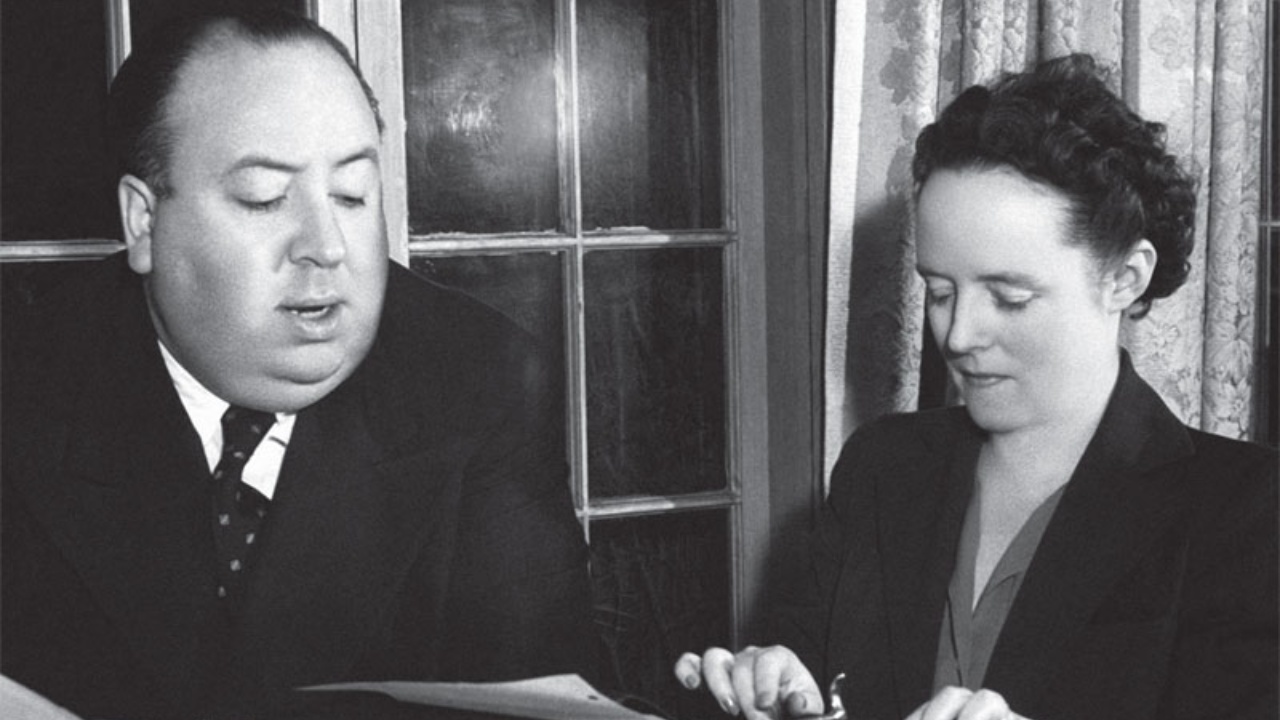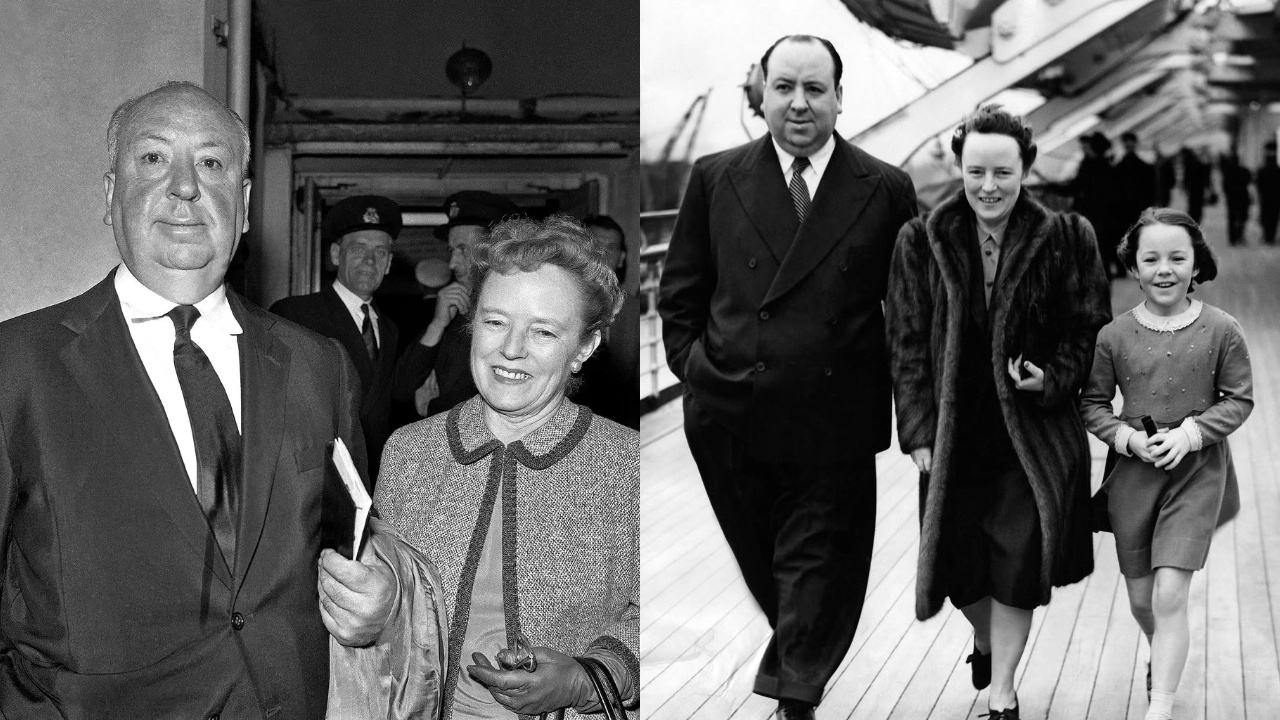Alfred Hitchcock, the legendary Master of Suspense, didn’t work alone. Behind many of his most famous films was his brilliant wife and lifelong collaborator, Alma Reville. While Hitchcock became a household name, Alma worked tirelessly behind the scenes as a screenwriter, editor, and his most trusted critic. Their professional partnership was so profound that filmmaker Charles Champlin once noted, “The Hitchcock touch had four hands, and two were Alma’s.”
Yet, beyond their professional life, a curious personal detail often surfaces: Hitchcock sometimes called Alma “Mother.” This term of endearment, which might sound strange to modern ears, was a glimpse into the unique dynamics of their decades-long marriage and creative union.
You Might Like: The Dropped Case Against LSU’s Kyren Lacy
Alma Reville was a formidable talent in her own right long before she married Alfred Hitchcock. Born in 1899, she started in the film industry at just 16 years old, working her way up from a “tea girl” at a London studio to a skilled film editor and screenwriter. She met Hitchcock when they were both working at Paramount’s Famous Players–Lasky studio in London in the early 1920s. Their first collaboration was on the 1923 film Woman to Woman, where he was the art director and she was the film editor.
They married in 1926 and began a personal and professional partnership that would last a lifetime. Alma’s contributions to Hitchcock’s work were immense. She collaborated on the screenplays for classics like Shadow of a Doubt, The Lady Vanishes, and Suspicion, often working with other writers to refine dialogue and plot. Perhaps her most crucial role was that of a final, razor-sharp set of eyes. With an editor’s instinct, she would scrutinize the final cut of every film, catching continuity flaws that everyone else had missed.
A famous example comes from Psycho (1960), where she noticed that Janet Leigh’s character inadvertently swallowed after being murdered, a detail that required an alteration to the film negative. Hitchcock held her opinion in the highest regard, openly acknowledging her role when he accepted the AFI Life Achievement Award in 1979 by thanking the film editor, scriptwriter, and mother of his child—all of whom were Alma.
The Truth Behind the “Mother” Nickname
The notion that Alfred Hitchcock called his wife “Mother” is not a dark rumor but a simple fact of their relationship. This term of endearment was his common, affectionate name for Alma. In the context of their lives, it was a natural extension of their family roles. The couple had one daughter, Patricia, born in 1928, and Alma was indeed the mother of his child.

Furthermore, by all accounts, Alma took on a nurturing, caring role in Hitchcock’s life, managing their home and providing a stable foundation for a man known for his private anxieties. The nickname reflected a traditional, if now old-fashioned, marital dynamic where the wife was the central matriarchal figure. It was a testament to the deep comfort and familiarity that existed between them, not a sign of a strange or troubled marriage. The idea that this nickname is evidence of something sinister is a complete misconception.
Debunking the Darkest Rumor
A persistent and ugly rumor suggests that Alfred Hitchcock might have been involved in his wife’s death. This is entirely false and can be firmly dismissed. Alma Reville died of natural causes on July 6, 1982, at the age of 82. This was two years after her husband had passed away in 1980. While Alma had previously battled and survived breast cancer, she ultimately died of natural causes, having lived a long and full life.
The myth of Hitchcock taking the life of his wife seems to be a morbid fiction, perhaps born from projecting the terrifying themes of his films onto his personal life. In reality, their story was not one of murder, but of an enduring, five-decade-long partnership built on mutual respect, love, and a shared passion for cinema.
Also See: Was Anthony Perkins Schizophrenic?
The story of Alfred and Alma Hitchcock is ultimately one of collaboration. He relied on her impeccable judgment, her keen storytelling instincts, and her unwavering support. From their first collaboration in the 1920s to his final films, Alma was his constant creative companion. So, while the world knew him as the sole “auteur” of his thrillers, those closest to him knew that Alma’s touch was on every frame. The nickname “Mother” was simply his personal acknowledgment of the woman who was not only his life partner but also the indispensable guardian of his art.








